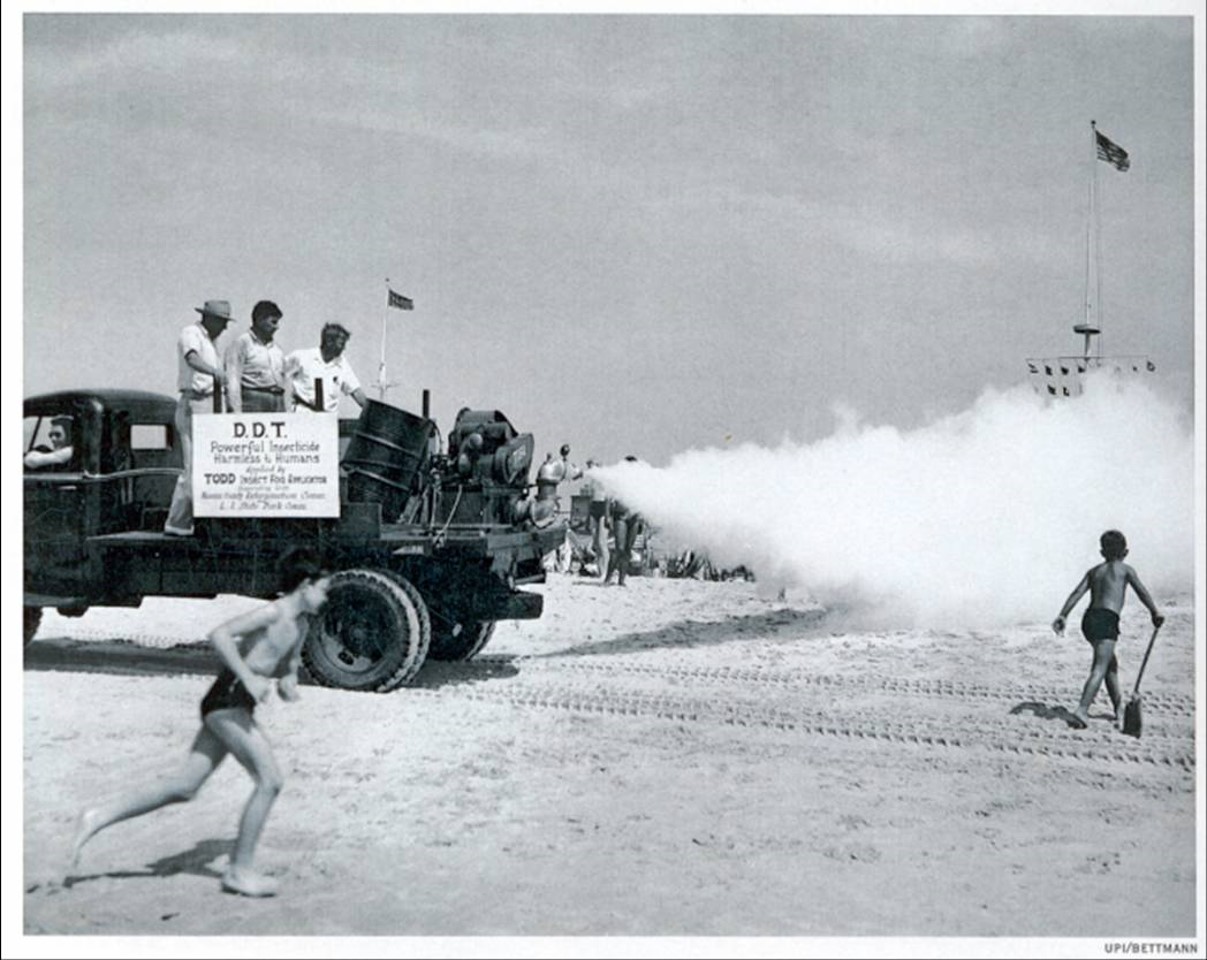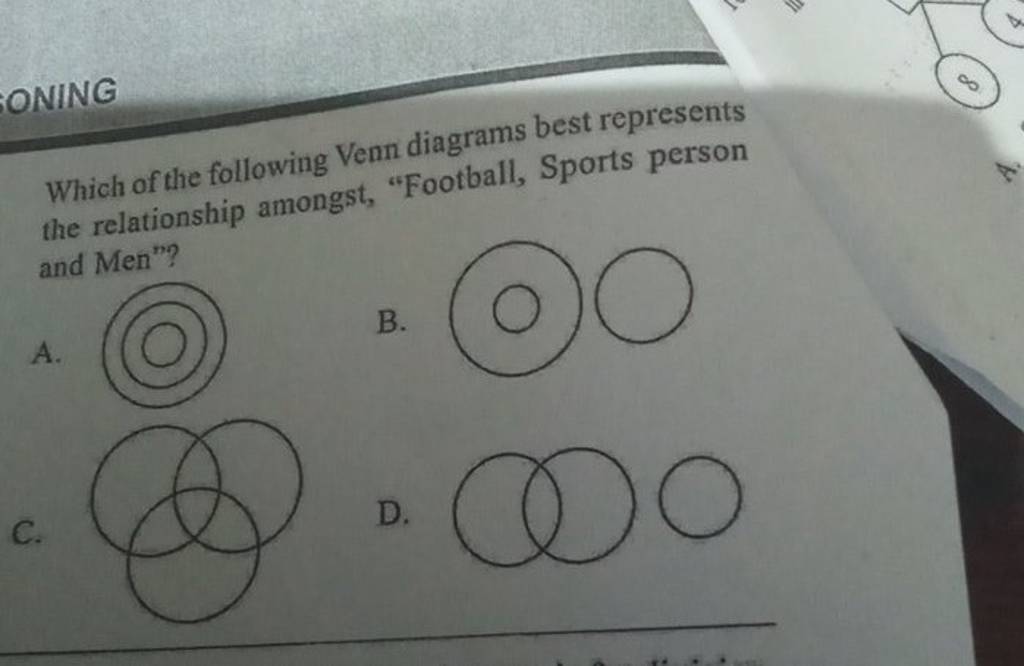Theatre Critic Career Path: Essential Background and Educational Requirements
The academic foundation for theater criticism
Theatre criticism demand a robust educational foundation that combine multiple disciplines. Virtually successful theater critics hold bachelor’s degrees in English literature, journalism, theater arts, or communications. These programs provide essential skills in analytical writing, critical thinking, and cultural interpretation that form the backbone of professional criticism.
English literature programs offer specially strong preparation through extensive exposure to dramatic texts, literary analysis techniques, and write proficiency. Students develop the ability to deconstruct complex narratives, understand character development, and articulate sophisticated interpretations — skills direct applicable to theater criticism.
Journalism programs complement literary studies by teach news writing, deadline management, and media ethics. These practical skills prove invaluable when write reviews under tight publication schedules while maintain professional standards and objectivity.
Theatre arts education and performance understanding
A formal education in theater arts provide critics with insider knowledge of production processes, acting techniques, and technical elements. This background enable more informed evaluations of performances, direct choices, and production values.
Theatre arts programs typically cover act methods, direct principles, set design, lighting, sound engineering, and costume design. Critics with this knowledge can assess technical achievements and identify when productions excel or fall short in specific areas.
Many respected critics combine theater arts education with other disciplines. This interdisciplinary approach create intimately round professionals who understand both the artistic and business aspects of theater production.
Graduate studies and specialized training
Master’s degrees in dramatic arts, comparative literature, or cultural studies provide advanced analytical frameworks for theater criticism. Graduate programs frequently emphasize research methodologies, theoretical approaches, and historical context that enrich critical perspectives.
Some universities offer specialized programs in arts criticism or cultural journalism. These programs specifically prepare students for careers in arts writing, combine practical journalism skills with deep cultural knowledge.
Graduate education besides provide opportunities for teaching and academic research, which many critics pursue alongside their writing careers. This dual focus strengthen critical authority and provide additional income sources.
Essential skills beyond formal education
Successful theater critics develop several key competencies disregardless of their educational background. Strong writing ability top this list, as critics must communicate complex artistic concepts intelligibly and winsomely to diverse audiences.
Cultural literacy extend beyond theater to include film, literature, visual arts, and music. Critics often draw connections between theatrical works and broader cultural movements, require extensive knowledge across artistic disciplines.
Historical awareness of theater traditions, from ancient Greek drama to contemporary experimental forms, provide context for evaluate new works. Critics must understand how current productions relate to theatrical heritage and innovation.
Practical experience and industry exposure
Formal education solely seldom prepare critics for professional success. Hands-on experience through internships, freelance writing, and volunteer opportunities prove as important for career development.
Many aspire critics begin by write for student publications, local newspapers, or online platforms. These early opportunities develop writing skills, build portfolios, and establish professional connections within the theater community.
Regular theater attendance across various venues and production types broaden critical perspective. Critics must experience everything from Broadway spectacle to experimental black box productions to develop comprehensive understanding of contemporary theater.
Language and communication proficiency
Theatre critics must master multiple forms of communication, from traditional newspaper reviews to social media commentary and broadcast appearances. Each medium require different approaches while maintain consistent critical standards.
Many critics benefit from foreign language skills, specially when review international productions or work in translation. Understand original languages enable more nuanced evaluation of adapt works.
Public speak abilities serve critics who participate in panel discussions, radio interviews, or theatrical events. These appearances enhance professional visibility and establish critical authority within the arts community.
Technology and digital media competence
Contemporary theater criticism progressively relies on digital platforms and multimedia presentation. Critics must understand website management, social media engagement, and digital publishing requirements.
Video and audio production skills enable critics to create podcasts, video reviews, or multimedia content that reach broader audiences. These technical abilities differentiate critics in competitive markets.

Source: ensaroud.com
Understand analytics and audience engagement metrics help critics tailor their content for maximum impact while maintain editorial integrity.
Networking and professional development
Build relationships within the theater community require ongoing effort and strategic networking. Critics benefit from connections with producers, directors, actors, and other arts professionals who provide insights and access to productions.
Professional organizations like the American theater critics association offer network opportunities, educational resources, and ethical guidelines for practitioners. Membership in such organizations demonstrate professional commitment and provide continue education opportunities.
Attend theater conferences, workshops, and industry events keep critics current with emerge trends and artistic developments. These gatherings likewise facilitate relationships with colleagues and potential employers.
Ethical training and professional standards
Theatre criticism carry significant responsibility, as reviews can impact productions’ commercial success and artists’ careers. Critics must understand ethical obligations regard conflicts of interest, fair representation, and constructive criticism.
Many critics benefit from formal training in media ethics, which address issues like accept gifts from productions, maintain independence from advertisers, and handle personal relationships within the theater community.
Understand legal considerations around defamation, copyright, and fair use protect critics from potential litigation while ensure responsible reporting practices.
Alternative educational pathways
While traditional degree programs provide common preparation for theater criticism, alternative pathways exist for dedicated individuals. Self direct study, combine with extensive theater attendance and write practice, can develop necessary skills.
Online courses in writing, theater history, and cultural studies offer flexible learning options to career changers or those unable to pursue traditional education. These programs oftentimes provide practical skills without require full degree commitments.
Mentorship relationships with establish critics can provide invaluable guidance and industry insights. Many successful critics credit mentors with help them navigate early career challenges and develop professional standards.
Continue education and career advancement
Theatre criticism require lifelong learning as artistic forms evolve and new voices emerge. Critics must stay current with contemporary playwrights, innovative production techniques, and change audience expectations.
Attend workshops on new critical methodologies, cultural sensitivity, and inclusive reporting practices ensure critics remain relevant and responsible. These educational opportunities ofttimes address emerge issues in arts criticism.
Many critics expand their expertise by specialize in particular areas such as musical theater, experimental performance, or international productions. This specialization can lead to enhanced career opportunities and recognition as subject-matter experts.

Source: pngtree.com
The virtually successful theater critics combine solid educational foundations with practical experience, ongoing professional development, and genuine passion for theatrical arts. While specific educational requirements vary among employers, the combination of analytical skills, cultural knowledge, and write ability remain essential for success in this competitive field.



